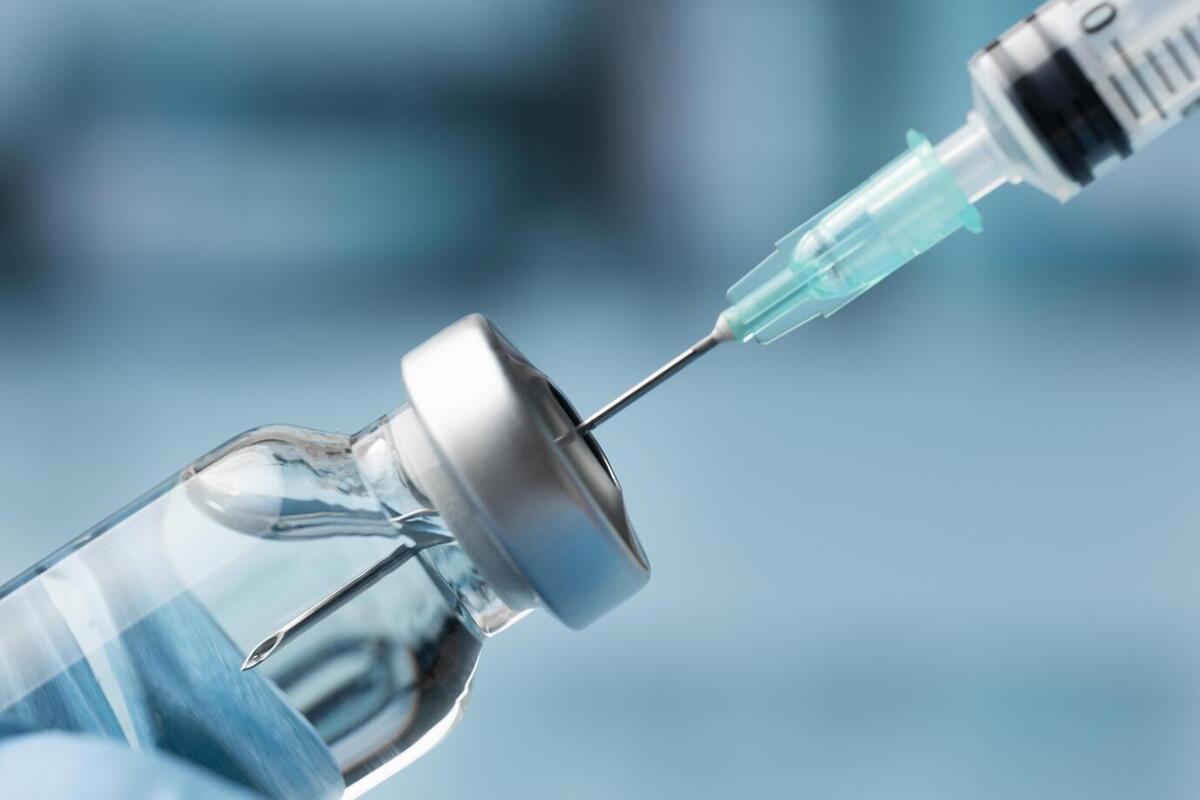We're all sick and tired of the COVID-19 pandemic, but there's bad news. A survey published in the scientific journal Nature shows that immunologists and infectious disease experts are almost unanimous in making the prediction that COVID is here to stay. At least for years to come, and perhaps even forever.

Rather than predicting that we'll be living under the shadow of a global pandemic for generations, however, they believe that there's a high chance that the virus will become endemic — ever-present, but in smaller pockets of the population, and more easily controlled. Just like the flu, or chickenpox, in other words.
That? That prediction is entirely thanks to the fact that we now have an impressive assortment of COVID vaccines. They might not entirely prevent the spread of the virus, and not nearly enough people are getting them, but they have been shown to be very good at preventing death and the need for hospitalization.
New vaccines aren't limited to COVID alone, though, and Moderna announced just recently that it's working on a whole string of brand new mRNA shots, including:
- An RSV (respiratory syncytial virus) vaccine. RSV causes cold-like symptoms.
- A vaccine to protect against the human metapneumovirus, which is responsible for upper and lower respiratory infections in people with a weakened immune system.
- A personalized cancer vaccine.
- Vaccines for a string of rarer diseases.
Wouldn't it be amazing if the wave of innovation spurred by the coronavirus pandemic could ultimately lead to the development for the conditions that statistically contribute to the deaths of most people across the world? What vaccines is the world desperately waiting for, besides better availability of COVID vaccines? And which of these vaccines actually have the potential of existing someday, perhaps even within your lifetime?
1. A Diabetes Vaccine
Diabetes is the seventh leading cause of death in the United States — and nearly 90,000 people die from causes related to diabetes each year in the US. While type 2 diabetes can frequently be prevented with the right set of lifestyle choices, the same cannot be said for type 1 diabetes.
Could there be a vaccine one day? Quite possibly. It's not like any of the vaccines we currently have, but Swedish researchers have already began clinical trials with a type of diabetes vaccine based on the protein glutamic acid decarboxylase. This vaccine could one day help millions with type 1 diabetes continue to produce some insulin on their own. So far, only about 100 people have participated in the trial, but there is hope that this will soon change.
2. Cancer Vaccines
Two existing vaccines are known to have the potential to prevent — though not also treat — cancer. There is, of course, the much-discussed HPV vaccine, Gardasil, which can prevent cervical, anal, vulvar, and oral cancers by preventing HPV infections. HPV is shockingly common, and by preventing infection, it also becomes possible to prevent the varied cancers this virus can lead to.
In addition, the Hepatitis B vaccine can also help prevent cancer. That fact is much less talked about, but because Hepatitis B, a viral form of hepatitis, can contribute to liver cancer, the vaccine indirectly prevents cancer, too.
Personalized cancer vaccines might be the future of cancer treatment, however. This form of immunotherapy equips the body with the tools it needs to fight and destroy cancer cells, or to prevent cancer from returning. Moderna is already hard at work on developing more of these vaccines, and future developments could be very exciting indeed.
3. An Alzheimer's Disease Vaccine
Alzheimer's disease is the sixth leading cause of death in the US. As far back as 2003, researchers speculated about the possibility of one day developing an Alzheimer's disease vaccine. Today, we're closed than ever before. In fact, clinical trials have just started to test a nasal spray vaccine for Alzheimer's disease, Business Insider reports, and this vaccine would work by stimulating the immune system to eliminate beta amyloid plaques, which cause neurological degeneration in patients with Alzheimer's disease.
So far, the trial is small and the results not yet clear — but this news is very hopeful.

